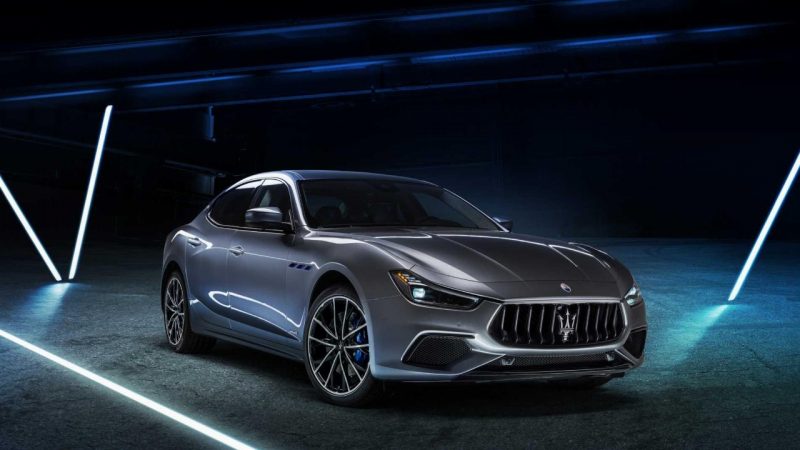Recent promising research from the Federal Chamber of Automotive Industries (FCAI) has revealed a steady increase in Australian sales of electric vehicles (EVs).
And as demand for EVs increases, so too must the country’s supply capabilities.
In this vein, Australian company SEA Electric has partnered with Zurich Resilience Solutions (ZRS) to “ease the transition” for vehicle fleets to update to sustainable technology.
SEA said its collaboration with Zurich will pair its engineering team with SEA Electric customers to enhance their “EV switch”.
The Australian EV problem
Despite being a major global lithium player, Australia has never been a major producer of electric vehicles. Rather, we buy the majority of our EVs from overseas.
Australia sourced 13,625 EVs from China over February this year, according to the FCAI. And China was only our third biggest supplier; Thailand provided 18,557 vehicles in February and Japan 24,805.
With so many new EVs hitting dealerships around the country, SEA and Zurich are planning to ensure prospective new commercial EV drivers are comfortable making the transition from petrol to electricity.
“Transitioning to electric is a big commitment; our customers look to and rely on SEA Electric for guidance around the implementation of best practice strategy when it comes to the circular economy of commercial electric vehicles,” SEA Electric sales director Joe Di Santo said.
“We take seriously, our responsibility of connecting our customers with reputable and proven organisations such as Zurich, as we lead the country in the shift to sustainable transport.”
Importantly, the two companies will work with customers to increase their understanding of the commercial electric vehicle space using customer experience days and potential webinars.
“This partnership is another important facet of the support ecosystem that SEA Electric has put in place to assist purchasers of our all-electric trucks,” Mr Di Santo said.
According to FCAI, Australia purchased 86,878 EVs during February 2023, representing a 1.8 per cent increase from last year.
However, heavy and light commercial vehicles only account for 22,555 of the total EV count — just 26 per cent of the total EV market sales in February.
Battery electric vehicles accounted for 6.8 per cent of sales, while zero and low-emission vehicle sales, such as hybrid and plug-in hybrid vehicles, accounted for 13.9 per cent of the total EV sales in Australia last month.
FCAI Chief Executive Tony Weber said that recent results were the best seen since 2019, given the global and domestic supply constraints that COVID produced during this time.
In the next five years, SEA Electric predicts that its zero-emissions commercial vehicles will have eliminated over 3 billion pounds of CO2 emissions from the transport task.
The EV market is currently being led by Toyota, followed closely by Mazda, and Ford, Toyota led Mazda with a margin of 6665 cars sold in February.

